Why Do Children Find Poo So Hilarious?
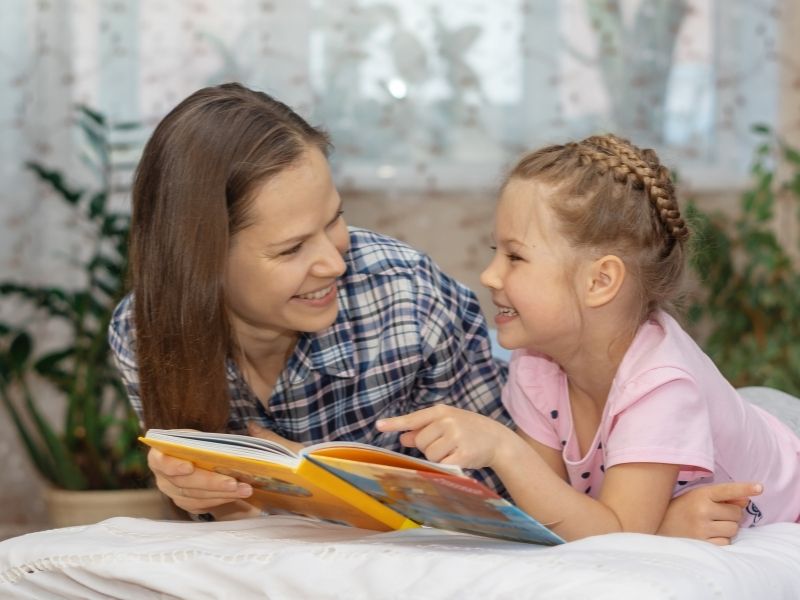



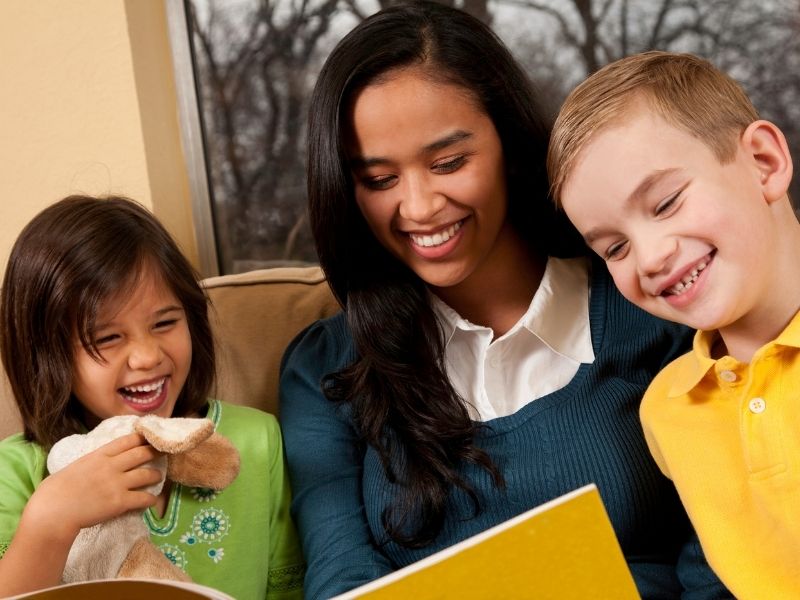
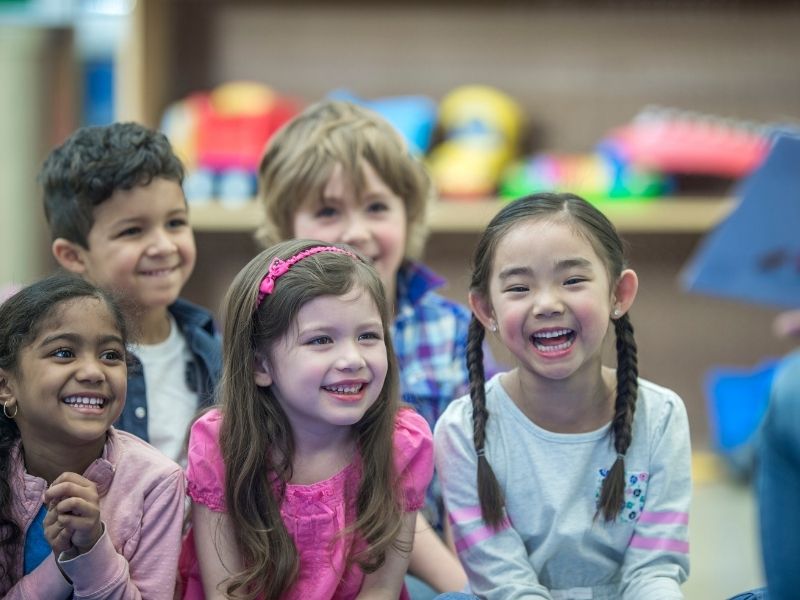
I remember my teacher in preschool once making a joke when a boy asked if he could go to the toilet during class time. The teacher said, ‘Do you know when the best time to go to the bathroom is?’ The boy didn’t know. The teacher said, ‘poo-thirty.’ Instantly all the kids in the within earshot roared with laughter at the time.
While most of us can appreciate a joke about excrement (my husband still finds them funny) children often find it hysterical and on a totally different level to the rest of us. Even the word ‘poo’ can unleash fits of laughter.
So why is this?
Freud famously argued that when a child is young, they go through and “anal stage” (is it just me or does he always make everything about sexual development?) He believed that a child goes through immense psychosexual pleasure from the development of anal control through toilet training.
I’m not entirely sure how he drafted data up to support this. I can guarantee if he was doing toilet training in my house, he would have discovered there was definitely no pleasure happening anywhere in the house! It was stressful! All jokes aside, there are recognisable tensions around the learning of the toileting process, and now modern theories no longer validate the outdated Freudian theories in this area.
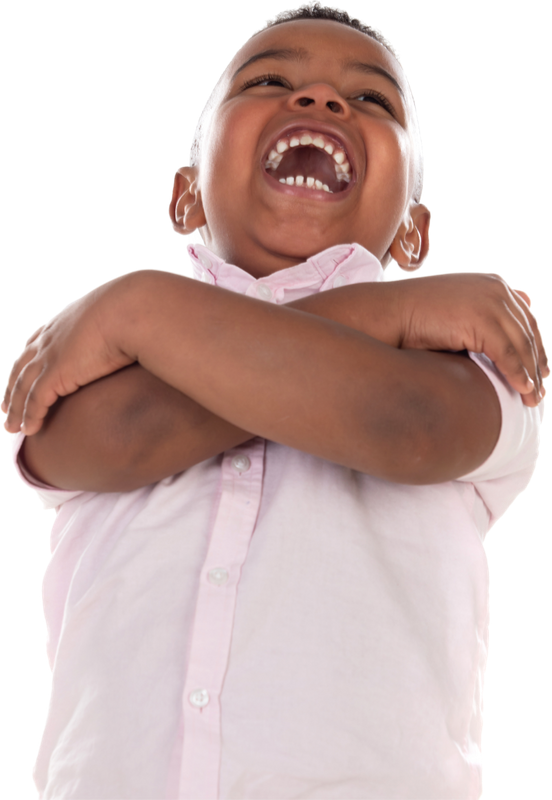
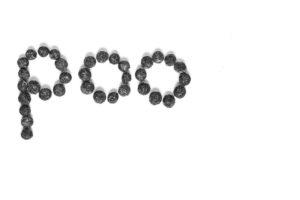
Instead, modern research focuses more on such behaviour as an important part of the development of humour in children.
Research suggests that the role of humour changes as the child develops greater cognitive function.
Babies to Toddlers
With very young children, a game of peek-a-boo is fascinating. It brings great delight to the child.
Pre-School Years
There is a fascination with jokes and poo and toilets.
Primary School Years
Jokes about social and gender roles can suddenly be funny.
Overall, two patterns can be seen.
Firstly, children can find things amusing when they are stretching their cognitive abilities.
What happens when the cognitive level has passed?
The subject loses it’s potency. In other words, the peak-a-boo or even poo joke, is no longer funny. The child is now smarter than before.
Secondly, social tension plays a significant role in humour. For infants, the fame of peek-a-boo may be a lot of fun because it is playing with both the threat of separation and the concept of ‘object permanence’ (when the young child is still learning that when something is out of sight it can be hidden rather than being no longer there).
Of course, if the child has separation anxiety or is just too scared to play the game (perhaps the other person is a scary, stranger) or is now too old for it (the concept of object permanency has past), the game of peek-a-boo is no longer funny.
Children Between the Ages of 2 and 3
During this age a child’s learning ability explodes as they develp the cognitive capactity to create ‘secondary mental representations’ of the world that are distinct from the primary representations of reality. In other words they are becoming more self aware. They learn about pretence and that words can stand for objects.
Therefore the three year old running around the house yelling ‘poo’ at the top of his lungs, or pretenting to go to the toilet is arguably appreciating the incongruity of being able to use the word liberally. They are playing with the action of toileting and the social conventions around it and possibly shameful consequences of incontinence.
Like it or not, toilet humour is a natural part of their development.
For most though, it tends to fade with age and some don’t find it funny at all to begin with. This is especially so if they fear germs or have a heightened sensory aversion or anything else really that makes the whole situation too unfunny to laugh about.
In this case, their worries should be acknowledge and privacy respected.
How Parents Can Help in a Child's Development of Humour
Thankfully many of us are fortunate to live in a world where the value of levity and laughter is appreciated. We value play. So much so that is it enshrined in the human rights convention on the rights of a child.
Our modern understanding of cognitive psychology, the role of humour and relief theory, make as aware that laughter is an important way of releasing pent up energy.
So for parents whose toddlers find poo just hilarious, it is probably a sign of normal childhood development along with their learning on how to use the potty in the right way. It demonstrates that they are thinking about and reflecting on their learning and on the social rules around it.
For parents it’s wonderful to be able to have a laugh with their toddler about it as it tells them that it’s an okay subject for this discourse.
It can also assist with limiting the potential shame and embarrassment around accidents that may happen. It also helps to develop the social bond between parent and child and fosters an open channel of communication between parent and child that is critical is raising high functioning adults.
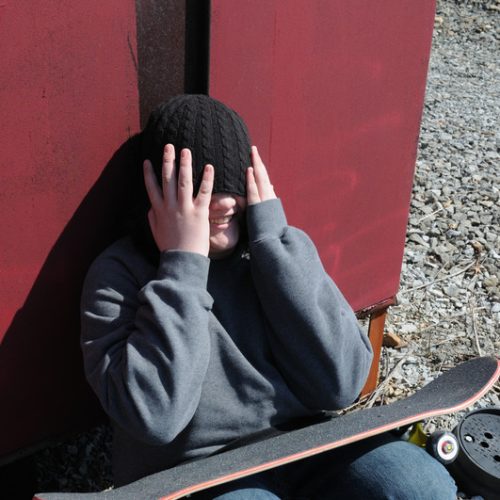
Why is Reading Important?
There’s no doubt that stories play a key role in the literacy development of children. All children need to read in order to be literate and finding the right book that suits their interests assists with their desire to read more rather than less.
The right book is simply magic with characters that can become like friends. Kids also realise that books are a useful source of information and begin to understand how improved reading skills are helpful for the success in their future lives.
In this respect, reading helps children with their confidence levels as language and learning can assist with coping skills and their understanding of the world around them.
For related content, check out my other articles:
The Psychology Behind the Development of Humour in Children
and